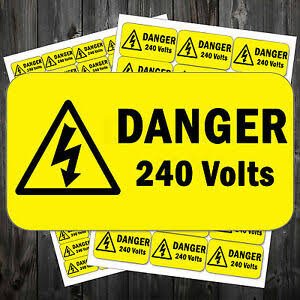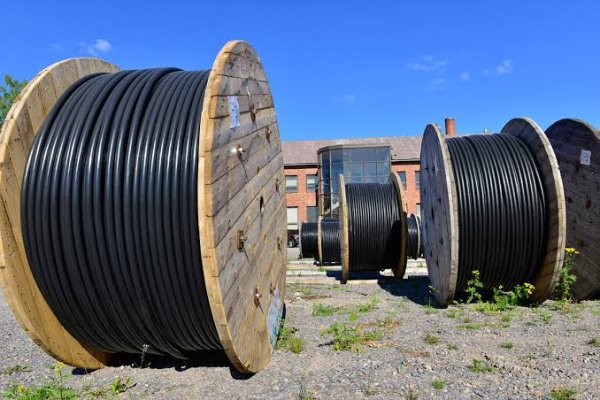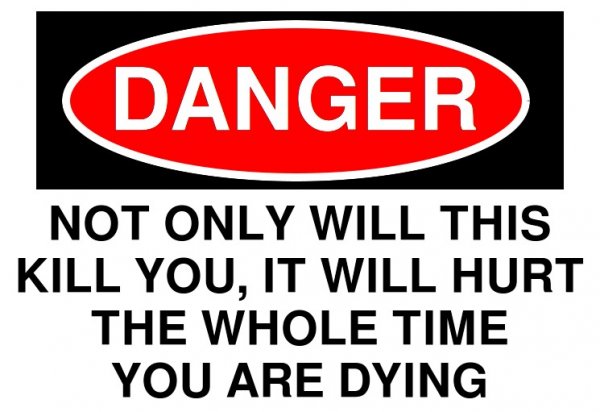So much to digest in your post. "Benchmarks". Wow. Way too hot a topic mainly because there is no right answer other than live music!- which is a great way to dodge the answer. There are so many excellent SS amps i.e., CH, DartZ, Soulution, D'Ago, Gryphon, etc. All are supposedly basically "straight wires with gain" but as we know, they aren't really that at all as each imposes its own character. So its the "totality of the data" as we like to say in science, that may be the final arbiter. In other words, it's the sound of the system and not the amp alone that matters.
That said, I recently acquired the Soulution 701s as a replacement for the superb and far better valued 511 monoblocs. I'm quite pleased but then again, the fact that I use them in conjunction with tube source gear (Zanden phono and Lampi DAC) is part of the magic for me. Soulution's approach is perhaps the most different than the others which generally eschew feedback in their circuit design. Soulution's Cyrill Hammer believes it's not the use of feedback but how it is implemented which is the key. He feels that some judicious use of local feedback can be used to lower distortion, which everyone agrees is a good thing with potential sonic advantages. Specifically, to eliminate the time-related distortion, graininess, and edginess that feedback engenders, you have to make those feedback loops correct errors instantaneously. This means that circuits and power supplies must operate at incredibly high speeds (which translates into incredibly high bandwidths) and with very high precision. I've become a believer. The density, life-llke color and ultra-low distortion throughout the power and frequency range have led me to describe the Soulution 701 amps as having a triode purity with the balls of Godzilla. Surprisingly, the 511's are actually rated at the same power as the 701's and indeed have the same triode purity, but the sound is, shall we say, less testicular at warp 9. Again, the value proposition is not a contest. The 511 wins hands down (and is accordingly, priced 110K less per pair in retail price and each 511 weighs 100 lbs. less than a 701).
To summarize, there's certainly more than a one size fits all approach and of course if that weren't true, there wouldn't be so many great choices available. Naturally, the same thing is true with tube amps as well (ARC, CJ, Lamm, VTL etc)
One thing I'm fairly certain of is that if I were were to go with Boulder, I wouldn't even consider it unless I were running it with 220V. The sonic difference is significant and remarkable, and in fact, it is what Boulder itself recommends. When I discovered this some years ago, it made me wonder why all top SS amps do not recommend using 220V. Do they all benefit similarly as does the Boulder 2060? There's not a lot of data on this subject, even anecdotal!
Finally, I would mention what has been a common but not popularized declaration by several manufacturers which is that they often feel the smaller amps of their lines often have some sonic advantages in comparison to their monster amps. This was certainly true for some manufacturers such as GAS. Jim Bongiorno thought that his 40W Grandson of Ampzilla sounded better is some ways than his behemoth Ampzilla. Nelson Pass has said the same about some of his Pass gear. The reason, according to Bongiorno, was simply that the smaller powered amps have less demands from their power supplies to do what is necessary for their lower power output requirements. Of course, this was some time ago and power supply designs have surely advanced, so this observation may not be a true as it once was.



















